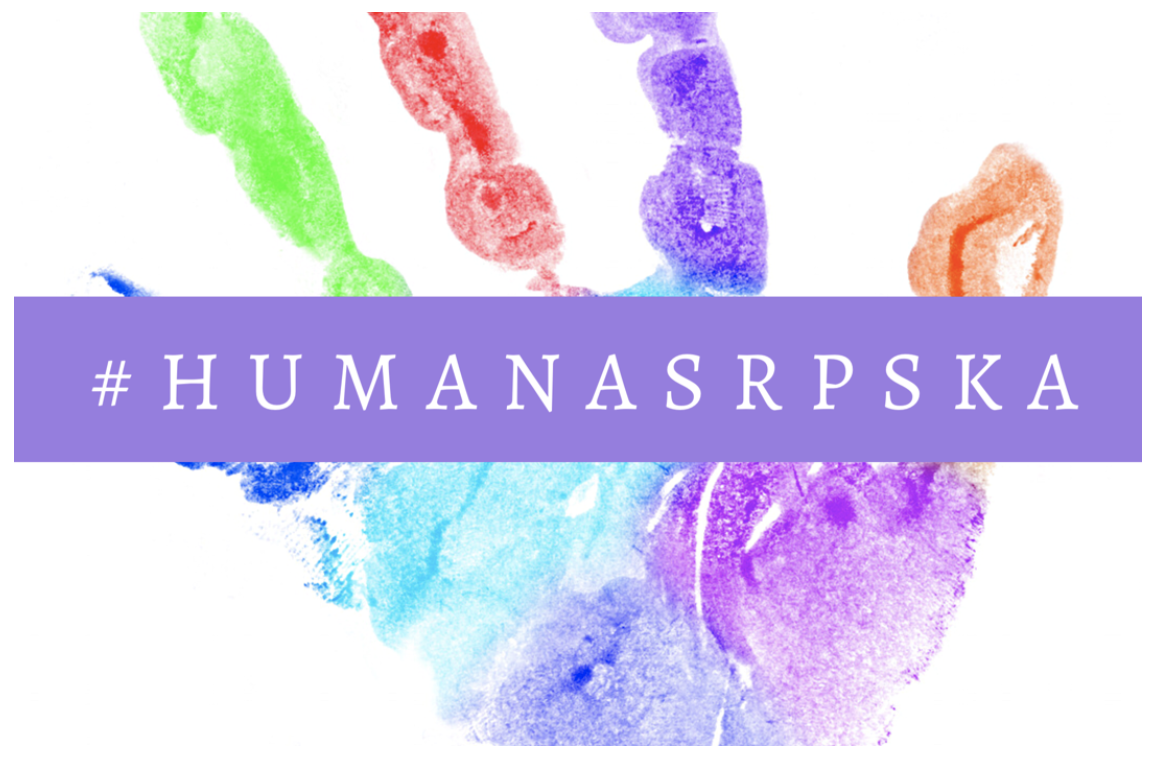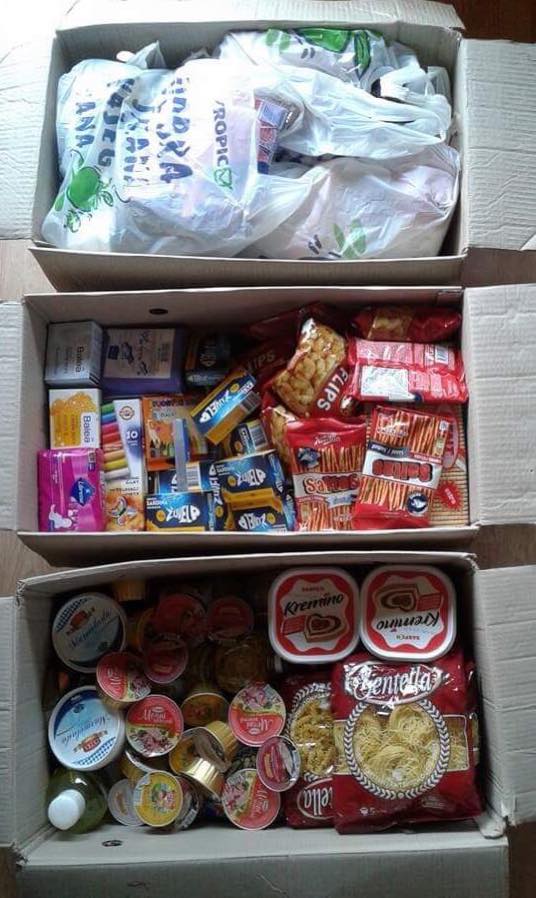
Banja Luka’s Humana Srpska Foundation was established with the aim of helping the injured and sick people. This Foundation provides assistance regardless of religious and ethnic background.
The Humana Srpska Foundation in Banja Luka was established to help the most vulnerable members of society, regardless of skin color, gender, age, religious affiliation, place of origin, etc.
The Foundation’s president, Valentina Kecman, said they want to motivate people to help with the collection of necessary funds and they provide a number of opportunities for Bosnian citizens to volunteer and directly contribute to their efforts.
“If we are not able to materially or financially contribute to people in need, volunteering in humanitarian actions can contribute to fundraising and can, thus, show our human side,” Kecman says.
According to Kecman, the members of Humana Srpska collect and provide assistance to those affected by natural disasters, the sick and elderly, and those who have suffered a serious injury or are disabled.
“With economic distress often comes emotional pain and suffering, which can make life seem unbearable. Those of us who are in a more advantaged situation, or who have successfully overcome past suffering and hardship, should give back to those who are currently struggling. It doesn’t take much to brighten someone’s day. Sometimes, it takes only a word of comfort, and sometimes, a small donation of clothing, food, or school supplies, to uplift someone,” explains Jovana Marijanac, Humana Srpska’s vice president.

Marijanac adds that the foundation organizes a variety of different fundraising events and activities, including donor drives and educational and cultural events around various humanitarian initiatives. One year, over the New Year holiday, Humana Srpska launched a campaign called “Let’s Share the Festive Joy” during which they distributed gifts at the Children’s Psychiatry Clinic as well as at the Children’s Hematology and Oncology Department at the University Clinical Center of Republika Srpska. Children and families in need were given food parcels, household goods, clothing, and children’s footwear.
The organization currently cooperates with universities, schools, professional services, and other organizations to achieve its goals, and Kecman says, “We are open to cooperating with other foundations, institutions, and commercial business so we can do more, both for vulnerable individuals as well as for the broader community. In the future, and in addition to our humanitarian actions, we hope to organize actions of general interest to the community and free activities that will be accessible and beneficial to all citizens, no matter their social status,” Kecman says.
Kecman and Marijanac both believe that individuals can change things for the better if they just turn their words into actions. “It is in our nature, tradition, and culture to help one another. Let’s look inside, let’s find the humanity within ourselves to help others. Let’s take the steps needed to improve the lives of others,” Marijanac concludes.
This publication has been selected as part of the Srđan Aleksić Youth Competition, a regional storytelling competition that challenges youth to actively engage with their own communities to discover, document, and share stories of moral courage, interethnic cooperation, and positive social change. The competition is a primary component of the Post-Conflict Research Center’s award-winning Ordinary Heroes Peacebuilding Program, which utilizes international stories of rescuer behavior and moral courage to promote interethnic understanding and peace among the citizens of the Western Balkans.
The Balkan Diskurs Youth Correspondent Program is made possible by funding from the Robert Bosch Stiftung and the National Endowment for Democracy (NED).






